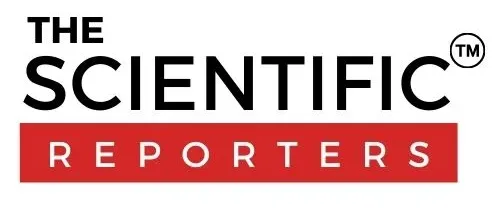Groundbreaking long-acting monoclonal antibody, a collaborative effort between AstraZeneca (AZ) and Sanofi
On July 17, the U.S. Food and Drug Administration granted approval for nirsevimab, marketed under the name Beyfortus, as a groundbreaking (monoclonal antibody) preventive measure against Respiratory Syncytial Virus (RSV) lower respiratory tract disease (LRTD) in newborns and infants during their first RSV season. Additionally, it offers protection to children up to 24 months of age who remain vulnerable to severe RSV disease during their second RSV season.
Nirsevimab is an exceptional achievement, jointly developed by AstraZeneca (AZ) and Sanofi, as it marks the first monoclonal antibody approved to protect all infants against RSV infection. The duo plans to launch this innovative product in the U.S. before the 2023-2024 RSV season, positioning themselves as significant contenders in the lucrative RSV prophylaxis and vaccine market.
This approval addresses a crucial medical need, as RSV has been the leading cause of hospitalization among infants under one year old in the U.S., surpassing the annual hospitalization rate for influenza by nearly 16 times. The estimated cost of infant RSV treatment each year reaches a staggering $709.6 million, emphasizing the urgency to combat this disease.
The journey towards approval has been well-supported, with overwhelming backing from experts. A panel of 21 specialists in the FDA’s Antimicrobial Drugs Advisory Committee (AMDAC) unanimously voted in favor of nirsevimab’s favorable benefit-risk profile for preventing RSV-LRTD in newborns and infants during their first RSV season. For children up to 24 months of age, the antibody received strong support, with 19 to 2 votes in favor of its efficacy against severe RSV disease during their second RSV season.
The recommendation from AMDAC was based on extensive clinical trials, including the Phase 3 MELODY trial whose results were published in the New England Journal of Medicine. These trials showed that a single dose of nirsevimab demonstrated high and consistent efficacy against RSV-LRTD throughout the RSV season, while maintaining a favorable safety profile.
Since July 2023, Beyfortus (nirsevimab) has received marketing authorization in the European Union, Great Britain, and Canada for RSV-LRTD prevention in newborns and infants. Regulatory review for its use is underway in China, Japan, and other countries. With the FDA’s approval, the AZ-Sanofi duo is gearing up to launch the product in the U.S., paving the way for a paradigm shift in preventing severe respiratory disease caused by RSV across a broad infant population. Iskra Reic, Executive Vice President, Vaccines, and Immune Therapies at AstraZeneca, expressed their anticipation for the product’s impact in the U.S. market.






















